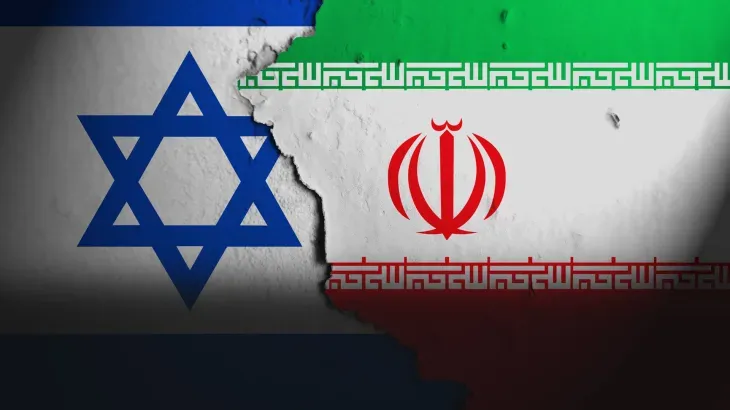The Shifting Time Zone: Why the Gap Between Israel and Iran Changes

You’d think telling time between two countries would be simple math.
But in 2025, the time difference between Israel and Iran — two nations constantly in the news — is more complicated than you think. The gap isn’t fixed. It’s a moving target, all because of one country’s recent decision and another’s long-standing tradition.
This is a time zone story you won’t want to miss.
🇮🇷 Iran: Locked in Time
Time Zone: Iran Standard Time (IRST)
UTC Offset: UTC+3:30
Iran’s time is unique for two reasons:
- 🕖 It uses a rare half-hour offset.
- 📆 In 2022, Iran abolished Daylight Saving Time (DST).
This means clocks in Iran stay the same all year. No “springing forward” or “falling back.” Their time is constant.
🇮🇱 Israel: The Seasonal Shift
Time Zone: Israel Standard Time (IST) / Israel Daylight Time (IDT)
UTC Offset: UTC+2 (Standard) / UTC+3 (Daylight)
Unlike Iran, Israel follows Daylight Saving Time.
- ⏰ In the spring, clocks move forward 1 hour to
UTC+3. - ⏰ In the fall, they move back 1 hour to
UTC+2.
For anyone scheduling across this region, Israel’s clock changes are a critical detail to track.
🤯 The Head-to-Head: A Fluctuating Gap
Because one nation’s time is fixed and the other’s changes, the difference between them flips twice a year.
-
During Israeli Winter (Standard Time):
- Israel is
UTC+2. Iran isUTC+3:30. - Difference: Iran is 1.5 hours ahead.
- Israel is
-
During Israeli Summer (Daylight Time):
- Israel is
UTC+3. Iran isUTC+3:30. - Difference: Iran is only 30 minutes ahead.
- Israel is
🌐 Why This Matters
This isn’t just trivia — it has real-world consequences for:
- News Reporting: A 5 PM event in Tel Aviv could be 6:30 PM or 5:30 PM in Tehran depending on the season.
- International Business: Scheduling meetings requires knowing which “gap” is currently active.
- Global Coordination: Anyone working across these zones needs to be aware of the shift.
Need to check the current, exact difference right now? Use What’s The Time for a real-time conversion that accounts for all these rules automatically.
✍️ Final Thoughts
Something as simple as “what’s the time” can reveal hidden layers of national policy and history.
This shifting time gap is a powerful reminder that timekeeping isn’t just about numbers — it’s about context.
For automatic conversions and to stay ahead of these changes, explore What’s The Time. It’s time, made simple.